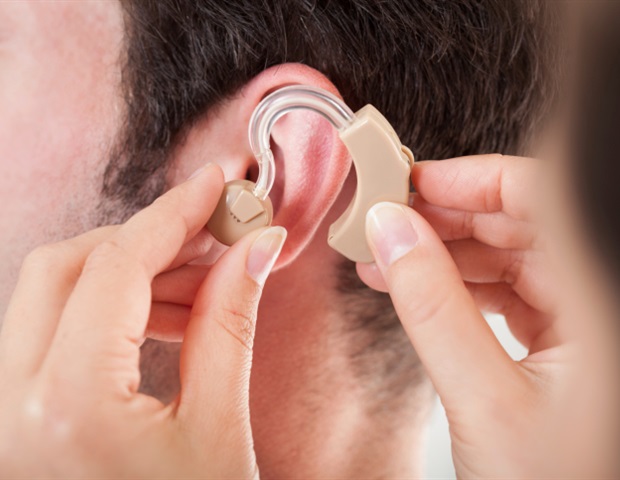- Oct 24, 2017
- 858
- Tinnitus Since
- 10/2017
- Cause of Tinnitus
- one-sided hearing loss (of unknown origin)
Biobanks have been a hot topic of discussion recently. The BTA's recent political lobbying efforts called for the creation of a new tinnitus biobank. The just launched UNITI research consortium aims (amongst others) to aggregate data from existing biobanks.
All of the above is much needed, but it's also worth looking at the biobanks that already exist and may lead to new insights about tinnitus. These don't have to be tinnitus biobanks per se, as long as they include some relevant datapoints on tinnitus. Some countries have done large-scale population studies across many health-related indicators and aggregated such data in a biobank. A good example is the UK Biobank. It follows 500,000 UK citizens, who periodically provide their health information.
That's a wealth of data right there. The sample size is awesome, this is truly "big data." Plus, there's even longitudinal data, i.e. individuals are assessed at different points in time, so we can see how their situation changes or develops. The different types of data collected is also impressive: imaging data, genetic data, demographic data, physical measures, etc.
The UK Biobank includes only two datapoints related to tinnitus:
Jorge Simoes and Patrick Neff from Regensburg University – whom we've worked with before on this study – have proposed that we collaborate on a new project using the UK Biobank data, and they want to involve the Tinnitus Talk community. What we propose is the following:
All of the above is much needed, but it's also worth looking at the biobanks that already exist and may lead to new insights about tinnitus. These don't have to be tinnitus biobanks per se, as long as they include some relevant datapoints on tinnitus. Some countries have done large-scale population studies across many health-related indicators and aggregated such data in a biobank. A good example is the UK Biobank. It follows 500,000 UK citizens, who periodically provide their health information.
That's a wealth of data right there. The sample size is awesome, this is truly "big data." Plus, there's even longitudinal data, i.e. individuals are assessed at different points in time, so we can see how their situation changes or develops. The different types of data collected is also impressive: imaging data, genetic data, demographic data, physical measures, etc.
The UK Biobank includes only two datapoints related to tinnitus:
- "Do you get or have you had noises (such as ringing or buzzing) in your head or in one or both ears that lasts for more than five minutes at a time?"
- "How much do these noises worry, annoy or upset you when they are at their worst?"
Jorge Simoes and Patrick Neff from Regensburg University – whom we've worked with before on this study – have proposed that we collaborate on a new project using the UK Biobank data, and they want to involve the Tinnitus Talk community. What we propose is the following:
- You guys help us explore the health data points in the UK Biobank to identify a possibly interesting area of study. For instance, we could look at correlations between certain lifestyle factors and tinnitus, or tinnitus and genetic markers. You can explore the dataset here and come up with your own hypotheses for us to test!
- We will then request the proposed data from the UK Biobank and analyse it. If you want to help out with this, let us know.
- Finally, if our study does in fact yield some interesting findings, we could follow-up by gathering some data of our own, i.e. through a Tinnitus Talk survey. In the survey, we could ask more in-depth questions to corroborate our theories.

 Director
Director Member
Member . Jorge analysed our data, from over 5,000 Tinnitus Talk members, which included what treatments people had tried — people chose from a comprehensive list of 25 treatments, which included psychological treatments, but also TMS, neuromodulation, and various medications. So it was not about promoting any one treatment (most of them barely work anyway), but using these datapoints, in combination with many other datapoints, to define specific groups of tinnitus patients.
. Jorge analysed our data, from over 5,000 Tinnitus Talk members, which included what treatments people had tried — people chose from a comprehensive list of 25 treatments, which included psychological treatments, but also TMS, neuromodulation, and various medications. So it was not about promoting any one treatment (most of them barely work anyway), but using these datapoints, in combination with many other datapoints, to define specific groups of tinnitus patients.


